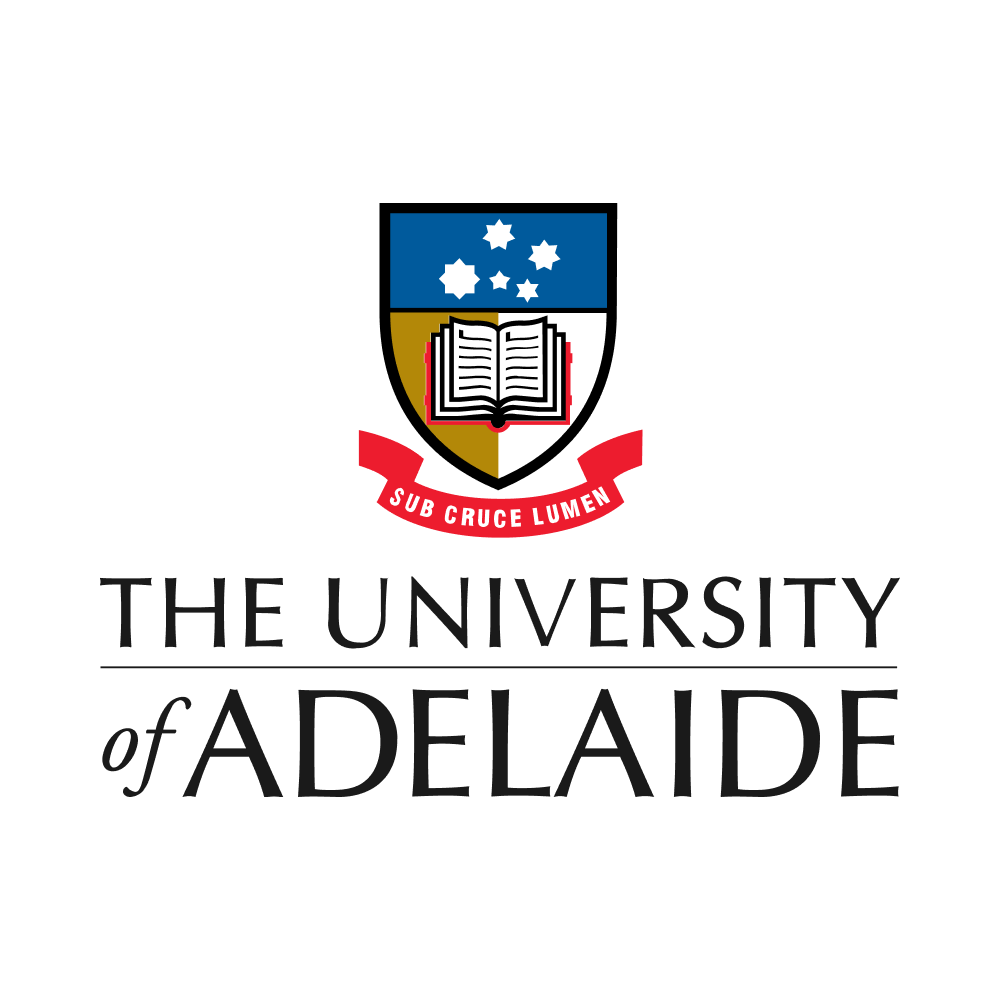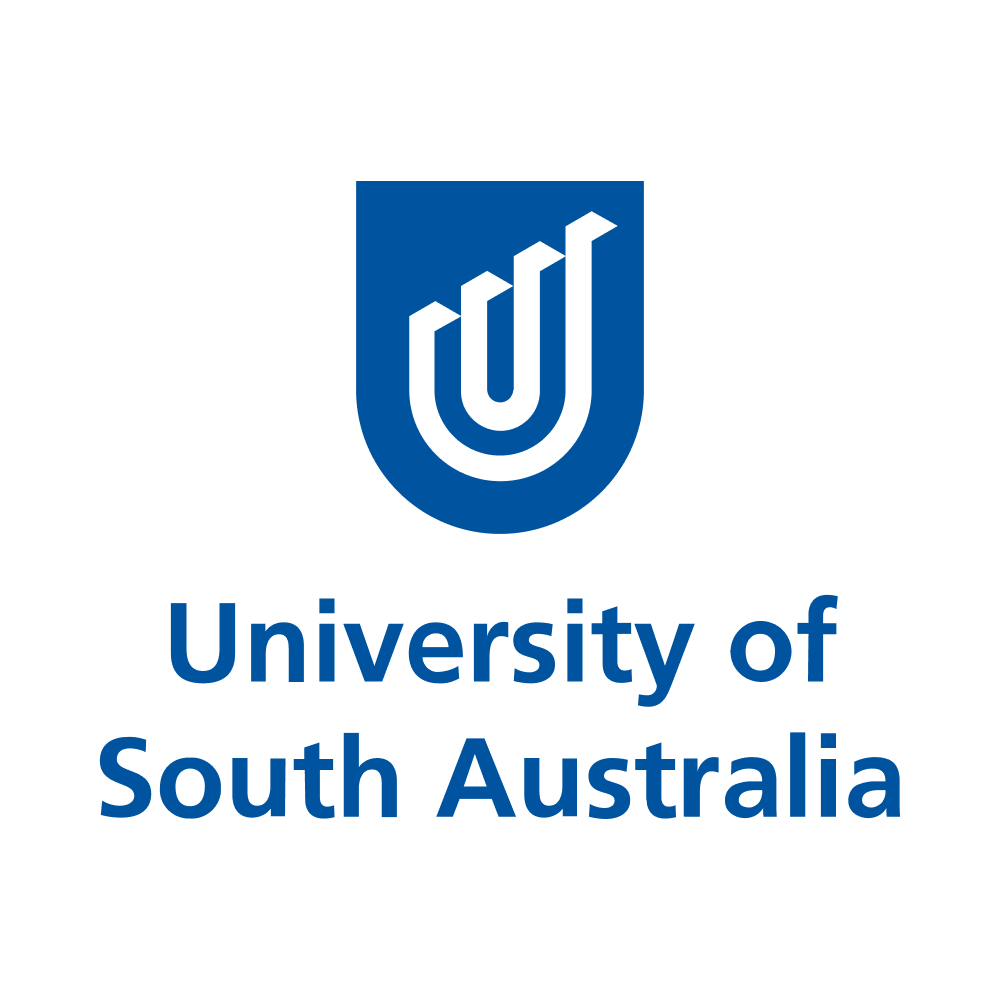University of Adelaide
Graduate Certificate in Economics and Resource Policy
- Delivery: Face to Face
- Study Level: Postgraduate
- Duration: 6 months
- Course Type: Graduate Certificate
Influence the economic and resource policies of tomorrow.

Course overview
The Graduate Certificate in Economics and Resource Policy is designed to enhance your employability, with practical skills for both academic and professional success. You will explore concepts like incentives, opportunity costs, trade-offs, externalities and efficiency.
Apply economic principles across various domains, including public policy, international trade, agribusiness, and natural resources. Learn advanced methods for examining, modelling and analysing data. Craft economic reports, written summaries of current events and research projects. Access support services like the Economics Drop-in Centre, Writing Centre and Maths Learning Centre. Develop interpersonal and soft skills for effective communication.
Equipped with newfound insights, you'll be empowered to offer expert advice on corporate strategies, unravel the context behind current events, shape public policies for a more promising world, and navigate your own personal choices with discernment.
Key facts
What you will study
To qualify for the Graduate Certificate in Economics and Resource Policy, complete the following courses:
- Economic Principles
- Global Food and Agricultural Markets
- Principles of International Trade and Development
- Cost-Benefit Analysis
Entry requirements
Academic requirements
Applicants must have a completed bachelor's degree or equivalent with a GPA of 4.0 or better.
English language requirements
For international applicants, you must have one of the following:
- Successful completion of an Australian year 12 qualification with a minimum pass in an accepted English language subject.
- IELTS: Overall 6.5, Reading 6, Listening 6, Speaking 6, Writing 6.
- TOEFL: Overall 79, Reading 13, Listening 13, Speaking 18, Writing 21.
- Pearson: Overall 58, Reading 50, Listening 50, Speaking 50, Writing 50.
- C1 Advanced: Overall 176, Reading 169, Listening 169, Speaking 169, Writing 169.
- A range of alternative qualifications may meet the university’s minimum English requirements.
Outcomes
Career outcomes
Graduates of this program have gone on to roles such as:
- Banker
- Business analyst
- Business data analyst
- Econometrician
- Economic researcher
- Economist
Fees and FEE-HELP
Indicative annual tuition fee in 2025: $20,500 (domestic full-fee paying place)
The estimated per-unit fee is calculated using the annual estimated first-year fee. It is based on a full-time study load of 24 units of study per year.
A student’s annual fee may vary in accordance with:
- The number of units studied per term.
- The choice of major or specialisation.
- Choice of units.
- Credit from previous study or work experience.
- Eligibility for government-funded loans.
Student fees shown are subject to change. Contact the university directly to confirm.
FEE-HELP loans are available to assist eligible full-fee paying domestic students with the cost of a university course.









